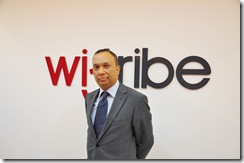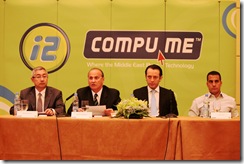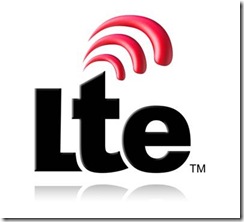Qatar’s regulator ictQatar has been forced to issue a statement affirming that only two licensed telecom operators are permitted to provide services in the country. It is a move aimed at pacifying Vodafone Qatar, Qatar’s second licensed operator behind Qtel, which is challenging Qtel’s arrangement with Virgin Mobile for the UK MVNO to offer prepaid services in the emirate.
William Fagan has made it clear that Qatar still only has two licensed telecom providers, which are encouraged to use innovative practices
In the middle of last month Virgin Group announced it had introduced Virgin Mobile services in Qatar, in a brand partnership with Qtel. Thus Virgin Mobile acts as a reseller of Qtel minutes that are offered under the Virgin Mobile brand. However, Vodafone Qatar argues the introduction of an additional telecom brand as vibrant and active as Virgin Mobile has virtually the same impact as the entrance of a third player, and is thus challenging Virgin Mobile’s right to operate.
Vodafone Qatar has instituted legal action against ictQATAR, viewing the ‘unlicensed’ launch of Virgin Mobile as a breach of the conditions of its contract. Vodafone paid QAR 7.7 billion (US$2.12 billion) for the second mobile licence in 2007.
“ictQATAR does not object to licensed telecommunications operators using innovative practices to provide different products and services to the public,” commented William Fagan, assistant secretary general and executive director of the Regulatory Authority at ictQATAR.
“However, ictQATAR does not want the public in Qatar to be misled in any way about who is actually providing these services. To be clear, there is no third licensed mobile operator. There is also no licensed mobile virtual network operator (MVNO).”







